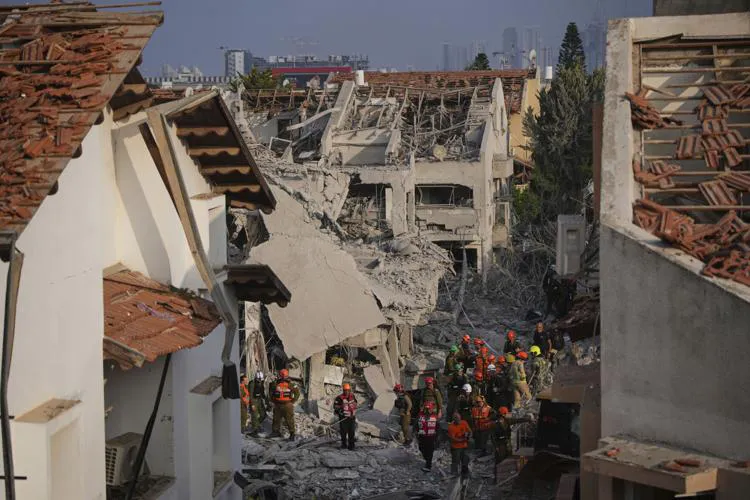Indian Students Endure Sleepless Nights as Airstrikes Rock Iran
The safety of hundreds of Indian students pursuing their education in Iran has become a growing concern as Israeli airstrikes intensify across various parts of the country. Reports from cities like Tehran, Qom, Shiraz, and Kerman detail alarming incidents, with students describing explosions uncomfortably close to their living quarters.
Imtisal Mohidin, a 22-year-old medical student at Shahid Beheshti University in Tehran, shared a harrowing account. "We haven't slept in three days," he stated, recounting how he and his peers were forced to seek refuge in basement shelters after blasts at 2:30 AM, with one explosion reportedly just 5 kilometers away. The constant threat has left many students battling severe anxiety and panic, keeping them awake through the night.

/*Urgent Appeals for Evacuation Echo from Families and Students*/
As the situation escalates, Indian students and their worried families are making fervent appeals to the Indian government for immediate evacuation. The Indian Embassy in Tehran has responded by issuing multiple advisories, urging Indian nationals and students to remain indoors and vigilant. These updates are being disseminated via official Telegram and WhatsApp channels.
The Ministry of External Affairs (MEA) has confirmed that efforts are underway to move Indian students to safer locations within Iran. Additionally, various evacuation options are currently under active review by the government, indicating a proactive approach to the developing crisis.
/*Injuries Reported: Students Relocated to Safer Zones*/
The escalating conflict has already led to injuries among the student community. Two Kashmiri Indian students in Tehran sustained injuries in recent blasts. Fortunately, they are now in stable condition and have been successfully relocated to Ramsar, a region considered safer.
A significant concern highlighted by the students is the proximity of many university accommodations to critical military and scientific installations, which inherently increases their vulnerability. Universities like Shahid Beheshti University, Iran University of Medical Sciences, and Kerman University of Medical Sciences are among those affected by these challenging circumstances.
/*Families and Political Leaders Demand Swift Government Action*/
Back in India, families, particularly those in Jammu & Kashmir, where a large number of these students originate, are enduring immense distress. They have directly appealed to the Ministry of External Affairs, advocating for an urgent rescue operation. Prominent political leaders from Kashmir, including the J&K Pradesh Congress Committee, have taken to social media to publicly urge the Indian government to expedite assistance.
Faizan Nabi, a first-year MBBS student at Kerman University of Medical Sciences, despite being in a comparatively safer city than Tehran, described the palpable panic. "We heard gunshots in our city today," he shared, adding, "My friends in Tehran are terrified. We were advised to store drinking water for 3-4 days. That's how bad it is." A resident of Srinagar, Faizan expressed his personal toll: "I've been getting 10 calls a day from my parents. The internet is so slow that I can't even send a WhatsApp message quickly. We came here to become doctors. Now we're just trying to stay alive." These heartfelt pleas underscore the severe psychological impact and the urgent need for intervention.
/*Exploring Evacuation Routes: Indian Government's Efforts*/
With Iranian airspace currently closed, the Indian government is actively exploring alternative evacuation routes, including potential land passages through Azerbaijan, Turkmenistan, and Afghanistan. This complex situation potentially affects over 10,000 Indian nationals, comprising both students and workers.
The Indian government is diligently working to coordinate safe passage and repatriation for its citizens. While a definitive timeline for evacuation remains unconfirmed, the Indian embassy in Tehran continues to provide crucial assistance through dedicated helplines. Efforts to relocate students to safer areas within Iran are also ongoing, demonstrating a commitment to their well-being.
